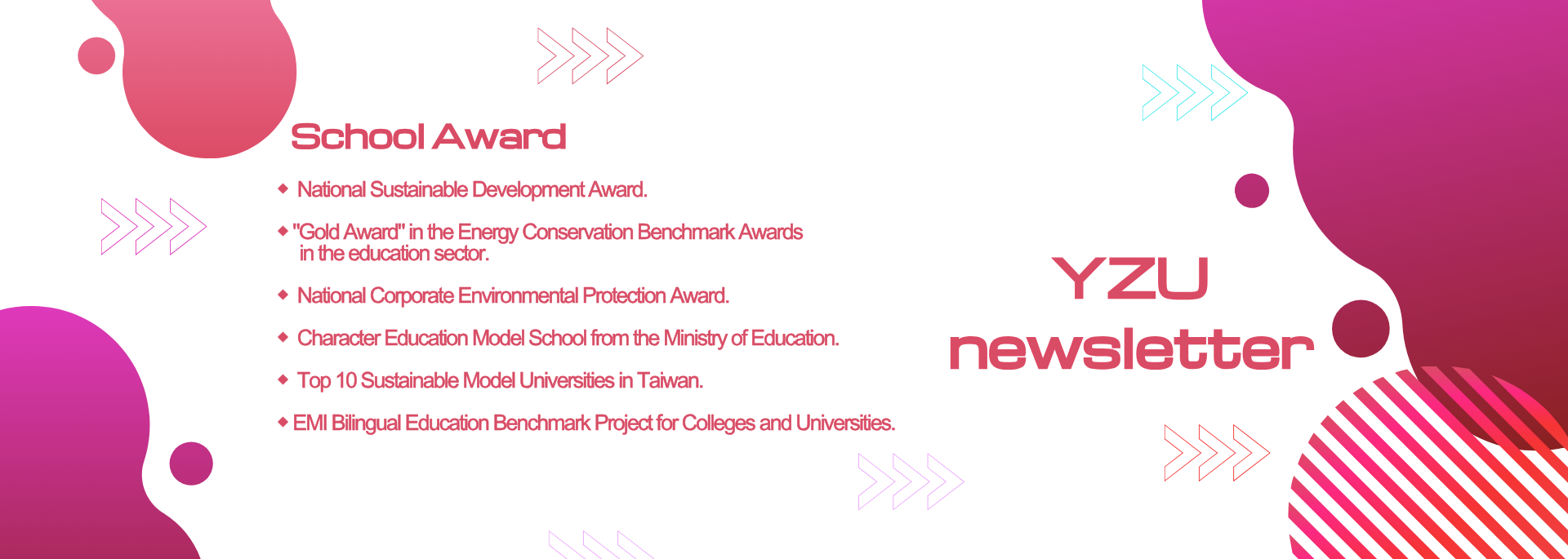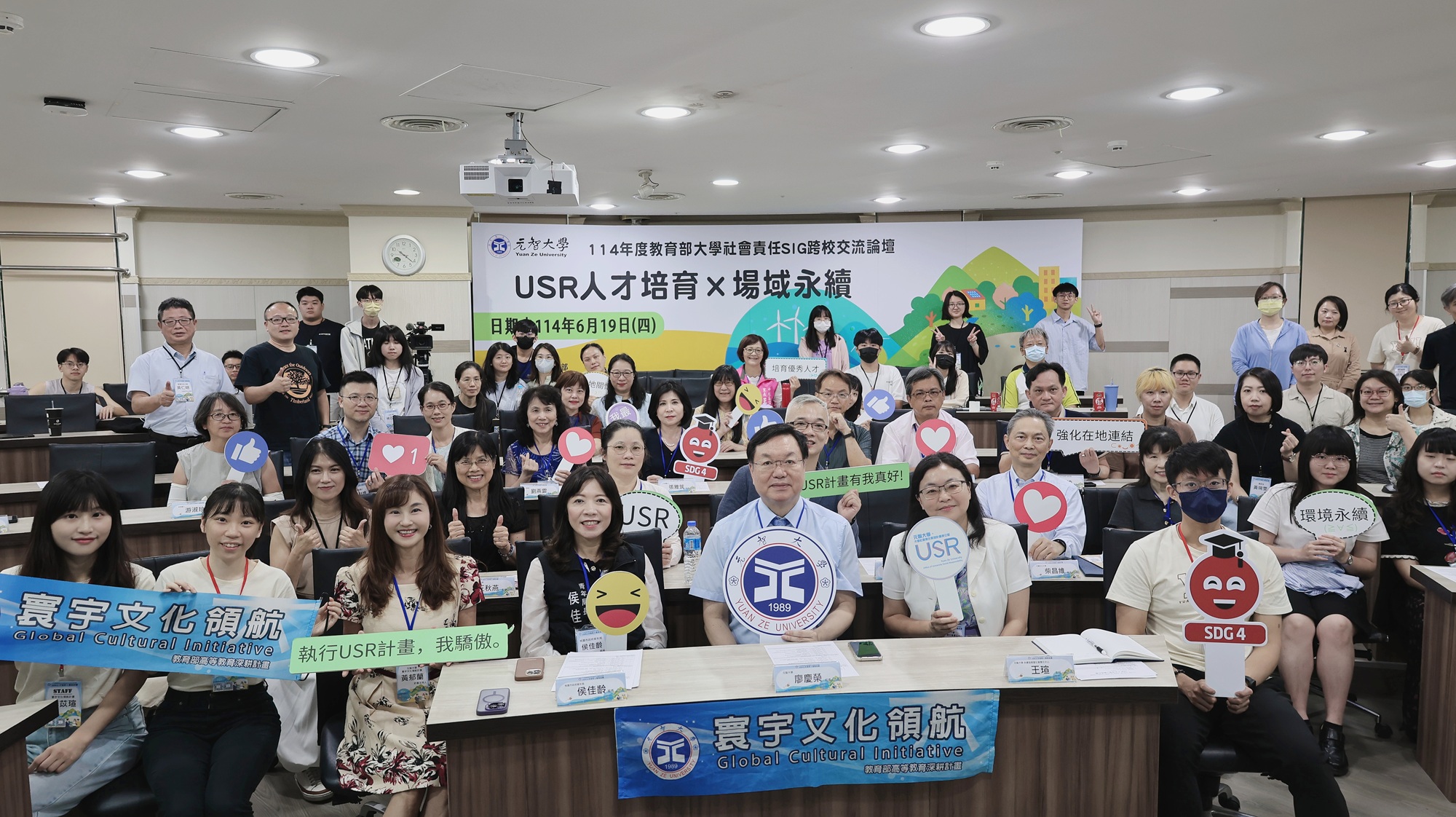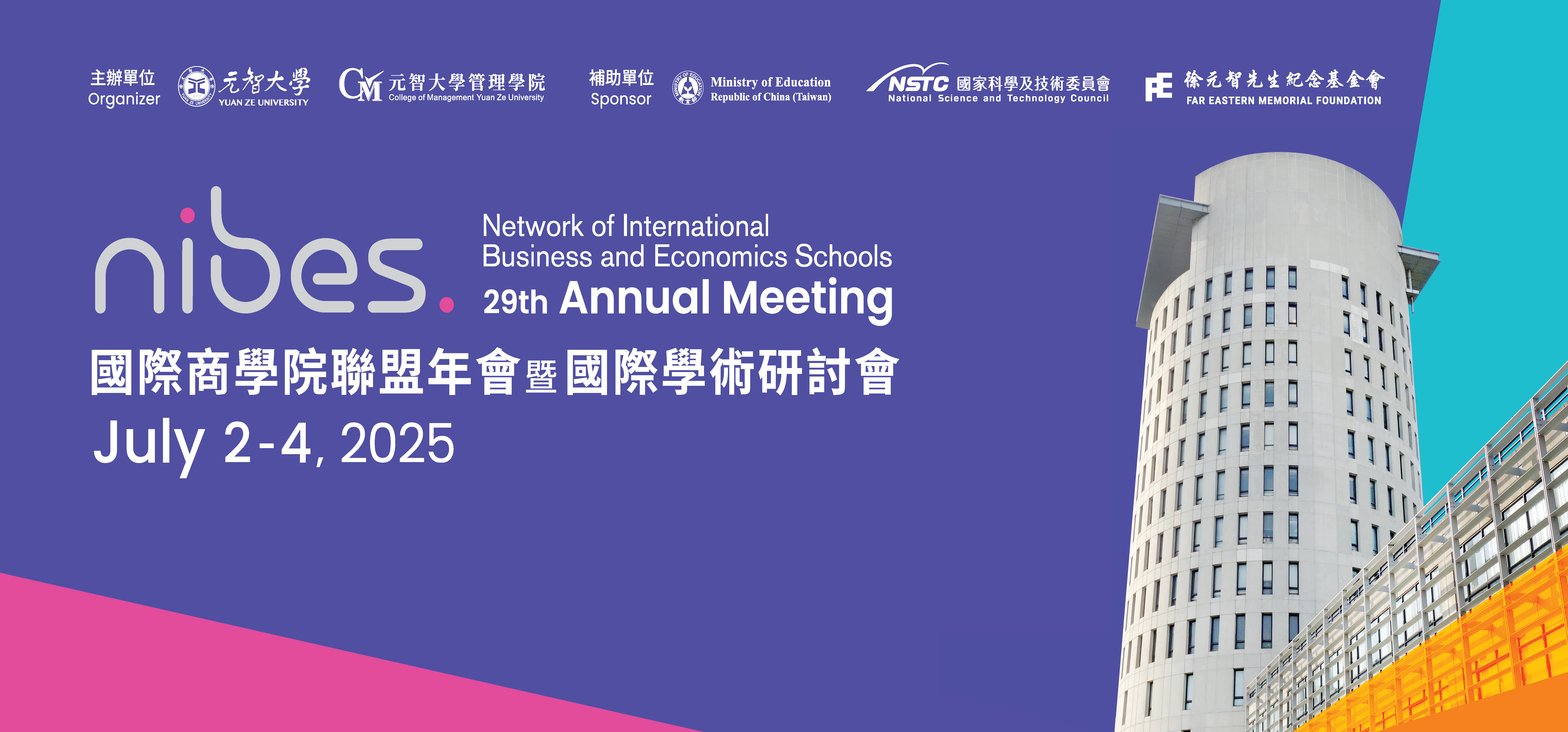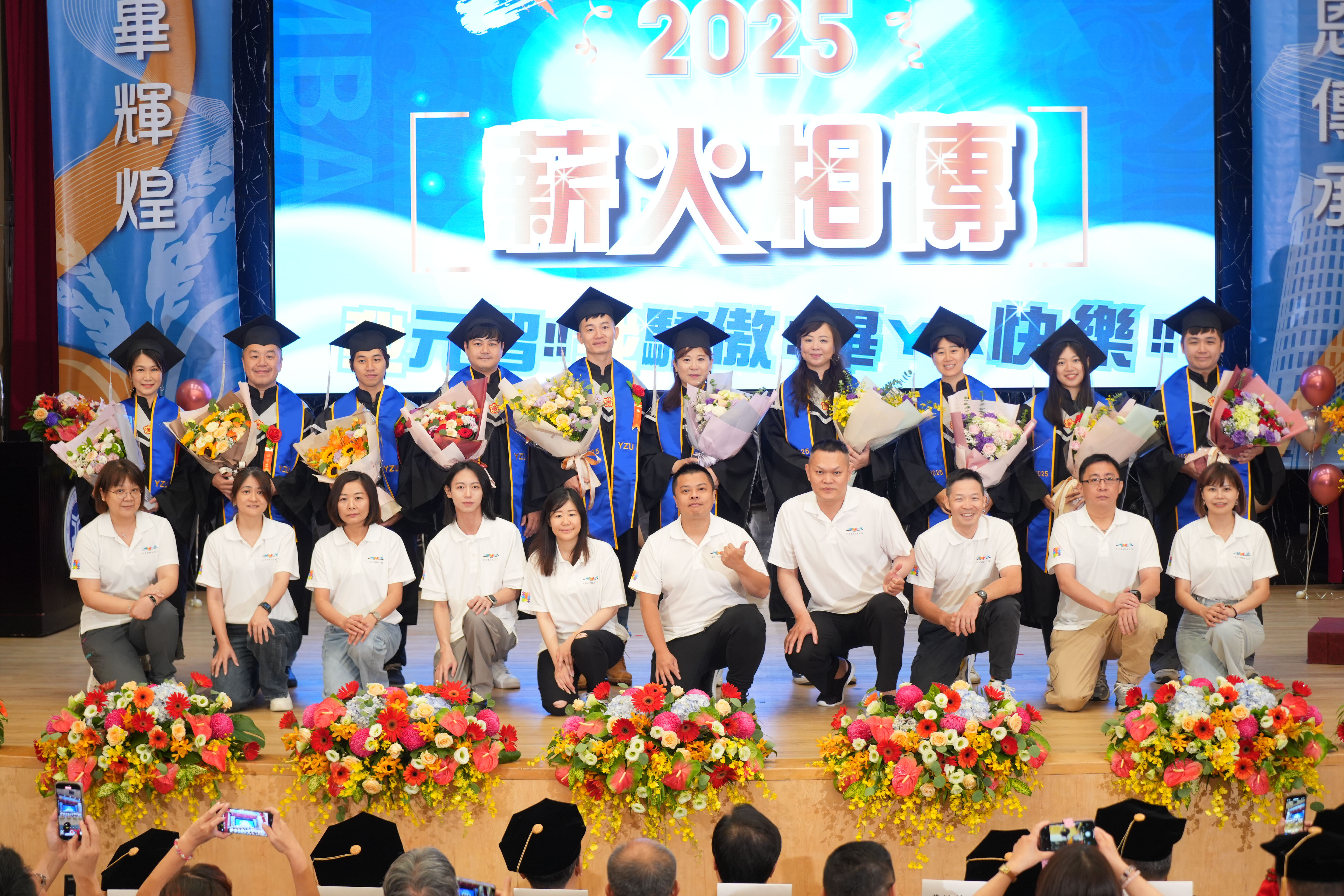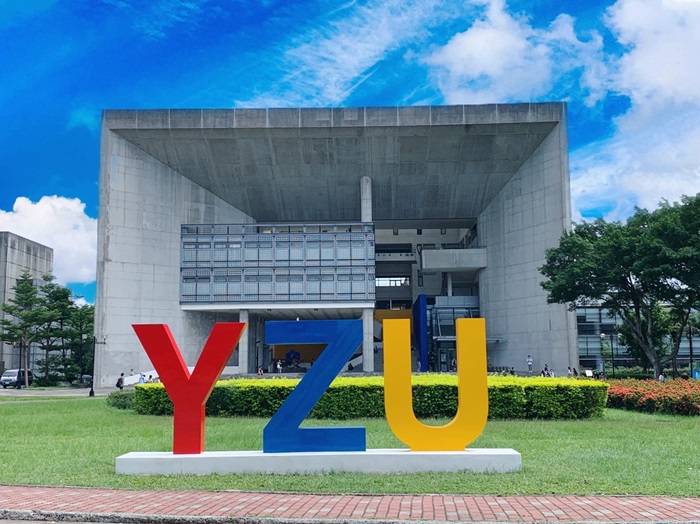Yuan Ze University recently held a cross-university exchange forum under the theme “Talent Cultivation and Field Sustainability,” bringing together University Social Responsibility (USR) project teams and local partners from ten universities across northern, central, and southern Taiwan.
The event aimed to foster dialogue through the sharing of diverse practical achievements and to explore the goals and vision of deeply rooted social engagement within the framework of higher education.
In his opening address, President Ching-Jung Liao of Yuan Ze University emphasized that all participating project teams had undergone rigorous selection and accumulated valuable hands-on experience. He expressed hope that this exchange of experiences would spark innovative approaches to social practice and that the platform created by Yuan Ze would encourage new models of cooperation between universities and community partners, thereby enriching the content and depth of future USR projects.
Chia-Ling Hou, Director of the Taoyuan City Government Youth Affairs Bureau, also attended the forum and offered high praise for Yuan Ze University’s efforts. She acknowledged the proactive spirit of the university’s faculty and students, who have stepped into communities and responded to local needs through meaningful action. She noted that their efforts exemplify the university’s commitment to fulfilling its social mission, and she extended her appreciation to all USR partners present for bringing continuous energy to Taiwan’s social innovation landscape and promoting mutual prosperity between academic institutions and the communities they serve.
One of the highlights of the forum was a presentation by Professor Yu-Lan Huang, Director of Yuan Ze’s Chinese Language Center, who introduced the university’s deeply rooted “Global Cultural Initiative.” This initiative implements talent cultivation through the Global Cultural Credit Program and advances international education through cultural immersion experiences. It includes a bilingual teacher training program to promote dual-language instruction, a companion learning program to enhance rural students’ bilingual and digital skills, an “Art Castle” initiative that nurtures creative expression among special needs children, and a “Joyful Aging English” program that supports cognitive engagement for the elderly. Together, these efforts have created a cross-disciplinary learning environment integrating bilingualism, culture, education, and aging well, making the project a standout feature of the day’s discussions.
The forum also featured a rich array of USR case studies from other institutions. Professor Chiu-Yen Wang from National Taiwan University of Science and Technology shared insights from her “Mobile Engineer Training Program,” aimed at cultivating technical talent with a community-based approach. Professor Sheng-Fang Chou from Ming Chuan University presented the “Reimagining the Value of Turtle Island Tourism” project, which seeks to revitalize local tourism through cultural innovation. Professor Hsiao-Kuang Wu from National Central University introduced a “Digital Early Intervention for Rural Areas” project that applies technological solutions to early childhood development challenges.
Other contributors included Professor Chang-Wei Chai from Chinese Culture University, who spoke about a youth empowerment initiative; Professor Chieh-Lan Lee from Ming Chi University of Technology, who led a community-based English and international exchange program in New Taipei City; and Associate Professor Chu-Ching Lin from Yuan Ze University, who presented her “Intergenerational Co-Creation of Wisdom Project,” which connects young people with seniors to foster collaborative learning.
Further contributions came from Professor Miao-Yuan Wang of National Changhua University of Education, who introduced the “Baisha × Co-Prosperity Project,” and Professor Chi-Peng Chen from Chung Yuan Christian University, who shared a project focused on the symbiotic development of Taoyuan’s irrigation canal water culture and international cooperation. Professor Ching-Yi Wu from Chang Gung University rounded out the program with a presentation on “Chang Gung Cultivation,” a community initiative promoting healthy aging through the integration of healthcare and technology.
The forum also hosted a special stakeholder dialogue session, designed to foster deep conversations about local needs and collect valuable insights from community representatives. This exchange of perspectives supported the ongoing alignment of USR projects with the United Nations’ sustainable development goals.
Distinguished guests in attendance included Yi-Ling Wang, Chief of Xinyi Village; Yu-Chung Lin, Principal of Happy Elementary School; and Yen-Fei Liu, Principal of Dayuan Elementary School, alongside academic leaders from various universities and numerous community partners. Their presence underscored the strong local support for Yuan Ze University’s USR efforts and the shared commitment to building a more inclusive and engaged society.
Vice President Ze-Zhi Hsu of Yuan Ze University pointed out that the USR project not only transformed academic expertise into concrete action but also embodied a deep commitment to social practice. He emphasized that the initiative fostered close collaboration between the university and local communities, aiming to cultivate future talents with strong social awareness and a dedication to sustainable development. Through this effort, the project paved the way for a practical path toward talent cultivation and field sustainability, showcasing the profound contributions of higher education to both the nation and society.
 English
English  正體中文
正體中文 